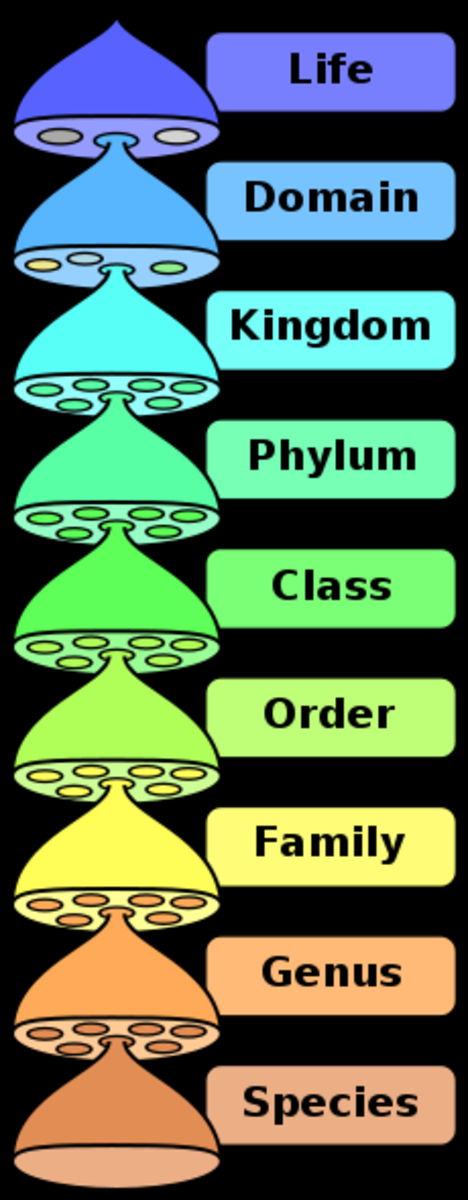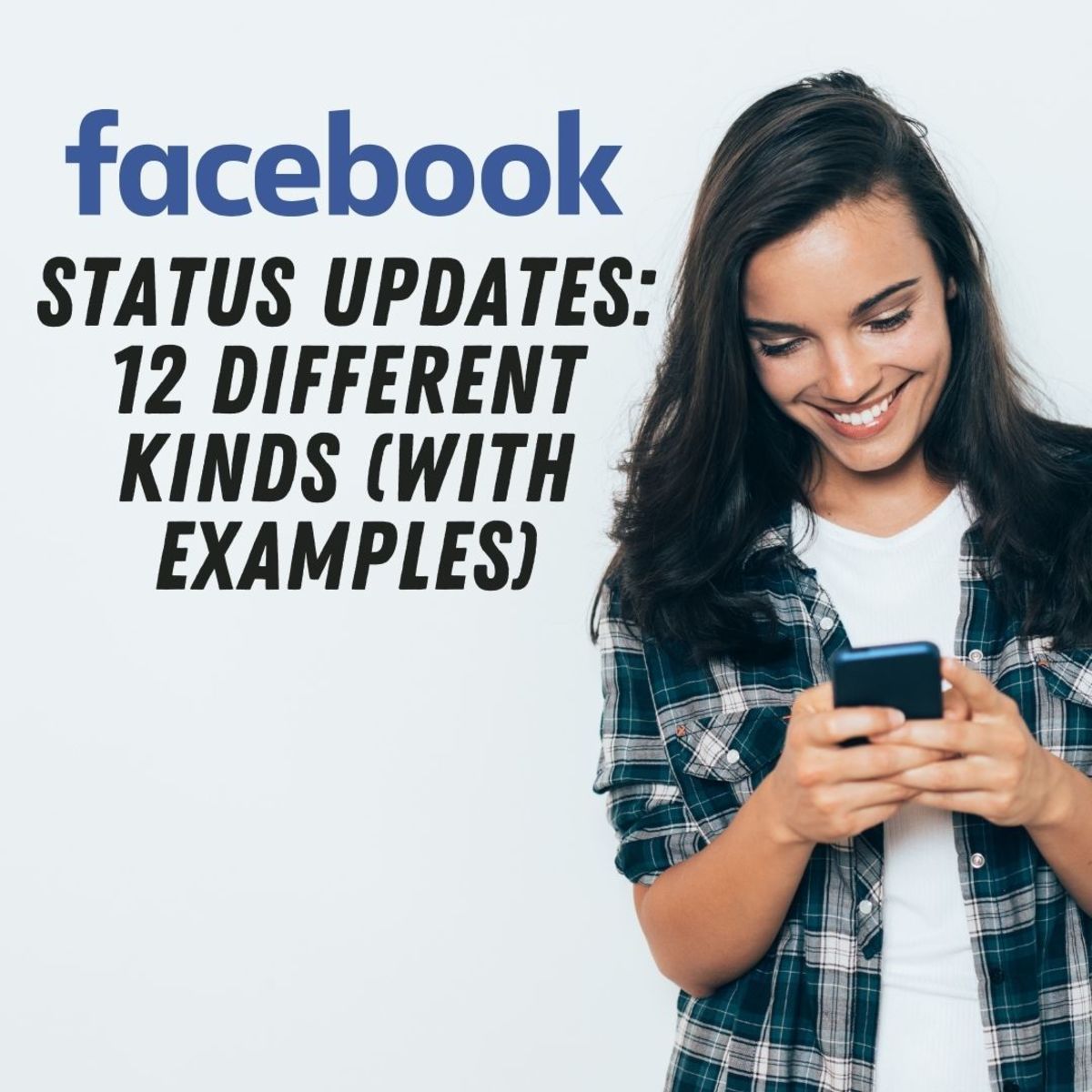What is a Domain?
what is a domain?

What is a Domain?
Many people new to the Internet will commonly ask "What is a domain?". This hub attempts to provide the answer to the questions "What is a domain?" and other closely related matters.
A domain name is the internet equivalent of a property title. It is your website address on the internet superhighway. The same way that you have a physical address which identifies your physical location where you can be found or where you can receive your postal mail; a domain name represents the location of your website on the internet.
Computers connected to the internet are identified using a unique number known as an IP address. Each identifier is unique in that it distinguishes it from other computers connected to the internet. This number is composed of 4 sets of numbers separated by a dot such as, 172.27.225.96.
The exact IP addressing architecture is not the subject of this article. The point you need to understand to know "what is a domain" is why domain names were created and why they are necessary. Imagine trying to remember an IP address like the one above every time you needed to visit a website, it is a pretty daunting task even for someone with photographic memory. It can be compared to everyone using their social security numbers, passport numbers or similar complex numbers as their names. Imagine having to refer to a friend of yours as “SSN 987-65-4329” instead of just “John”. In the same manner it is easier to type “example.com” in the browser address bar than to type the IP address number. Thus, “example.com” is an example of a domain name. As you can see, domain names make life a lot easier.
Domain names are also unique in the sense that nobody else can own a domain you have registered. Once you register it, it becomes your property and no one else can register a similar name.
Domain names have at least two sections. In our example, “example” represents our preferred brand name while “.com” (pronounced dot com) represents the domain extension.
The Domain Name System is administered by the Internet Corporation for Assigned names and Numbers (ICANN). ICANN is a non profit institution that ensures that domain names are unique and that internet users can find all valid addresses. ICANN also accredits domain name registrars. Registrars are the companies that actually register a domain for you for a minimum of one year. We shall be discussing registrars later in this section. ICANN requires every accredited registrar to maintain a publicly accessible “WHOIS” database displaying all contact information for all domain names registered.
Domain Structure and Extensions
The next bit in understanding "what is a domain" is that there are two main kinds of domains, Top Level Domains (TLDs) and Second Level (SLD) / Lower Level domains.
Top Level domains are further categorized into two kinds;
Country Code Top Level Domains (ccTLDs)
These domains are based primarily on the two territory character codes of ISO-3166. The ISO – 3166 are country and territory codes established by the International Organization for Standardization (ISO). Thus, an example of a ccTLD is “Google.co.us” where “.us” is the country code for the USA.
Generic Top Level Domains (gTLDs)
In addition to the ccTLDs there are a number (originally seven) gTLDs whose extensions represent a set of name categories and organizational structure. The following are the current Generic Top Level Domain extensions:
· .com – this extension is the abbreviation of “commerce” and is currently available to everyone. It is the most common domain and the most easily recognizable.
· .net – this is the abbreviation of “network” and this domain extension is currently available for everyone. It is often used for internet infrastructure or related services.
· .org – this is the abbreviation for “organization” and is currently available for registration by all. It is mainly used by non profit organizations and entities. The best example would be “Wikipedia.org”, the online encyclopedia. It can also be used by businesses to showcase their charitable activities.
· .biz – this is the abbreviation of “business” and is also currently available for registration by every one. It is not a very popular domain extension but is excellent for ecommerce sites.
· .info – this is a fairly new extension and is an abbreviation for “information”. It is meant to be used by websites that are rich sources of information and is currently available to all.
· .mobi – this is also a fairly new domain extension having been created as a result of the mobile telephony and mobile applications revolution. It is the abbreviation for “mobile” and is mainly for use by sites that will mainly be viewed using mobile browsers.
· .edu – this is the abbreviation of “education”. This domain extension is reserved for educational institutions. You must be an educational institution to register a “.edu” extension.
· .gov – this is the abbreviation for “government” and is reserved for government institutions. An example would be whitehouse.gov.
· .me – this is also a fairly recent extension. It was developed as consequence of the popularity of blogs and blogging. It is useful where the domain is all about you. It is perfect for blogs, resumes or personal pages. It is a fun product for products aimed at younger audiences.
In addition to the ccTLDs and gTLds, there are also other popular domain name extensions that do not quite fall into either of the main categories. The best example of this is the “.ws”. This extension is the country code for the island nation of Western Samoa, hence “WS”. However, the government of Western Samoa went into a partnership with an American Firm to develop the domain into an alternative to the .com. as a result, the “.ws” domain is now widely recognized and used to denote “website”. It is also available for registration by anyone just like most of the main gTLDs. Hopefully this information has helped you answer your "what is a domain?" question.








